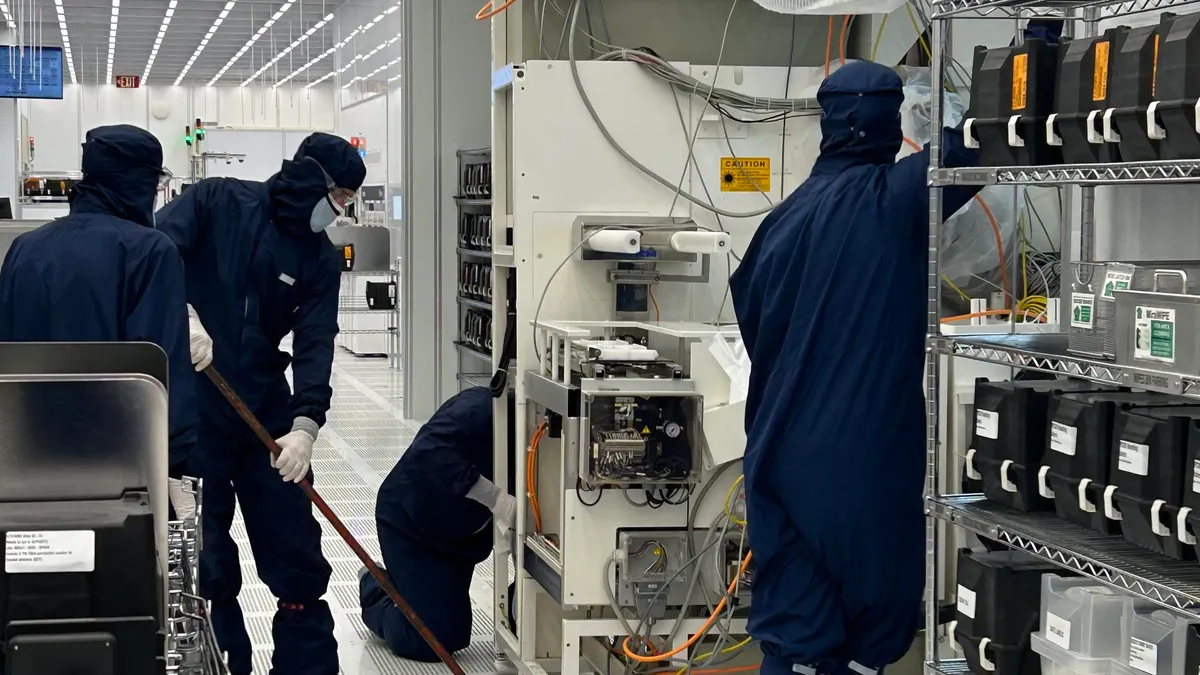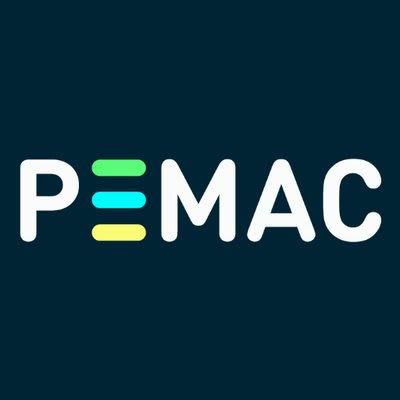UPDATE: Sept. 24, 2024: Upon completion of its due diligence process, the Department of Commerce increased its direct funding for Polar Semiconductor to $123 million, according to an announcement Tuesday.
As the CHIPS Incentives Program’s Funding Opportunity for Commercial Fabrication Facilities first awardee, the department will distribute the funding based on Polar’s completion of project milestones for its Bloomington, Minnesota, wafer production facility’s modernization. For compliance purposes, the CHIPS program will track the performance of each award through financial and programmatic reports in line with the award terms and conditions. ‘
Polar Semiconductor also increased the amount of its CHIPS award allocated towards its workforce development efforts to $3 million. This includes a commitment of nearly $500,000 to fund a registered apprenticeship program for technician roles, as well as more than $300,000 to fund internal training programs for existing employees that provide opportunities for upskilling and continuing education.
Dive Brief:
- The Department of Commerce will provide Polar Semiconductor up to $120 million under the CHIPS and Science Act to expand its Minnesota manufacturing facility and introduce new automation and AI capabilities.
- The expansion of the Bloomington facility is expected to create over 160 manufacturing and construction jobs and double Polar’s U.S. production capacity for sensor and power chips, according to the company’s Monday press release.
- Polar expects to invest approximately $525 million to expand the 310,000-square-foot facility over the next two years.
Dive Insight:
In addition to the federal funding, the agreement includes an investment strategy to turn Polar into a majority domestic-owned company. Japan-based chipmaker Sanken Electric Co. currently owns 70% of Polar, while New Hampshire-based Allegro MicroSystems owns the other 30%.
U.S. private equity firms Niobrara Capital and Prysm Capital will lead a $175 million equity investment in Polar to become majority investors and transition the company to be a U.S.-owned foundry. Sanken and Allegro will maintain their investments in Polar, become minority owners and continue their relationship as foundry customers, according to the release.
The expansion in Bloomington will increase its 200mm semiconductor wafer production from approximately 20,000 per month to nearly 40,000 wafers within two years. The increase will boost Polar’s work in the automotive, aerospace and defense, optoelectronics, microelectromechanical systems and medical devices industries.
The company will also receive a $75 million investment from the state under the Minnesota Forward Fund, a new program Gov. Tim Walz signed into law last year to invest $400 million to attract new companies to the state.
Roughly $1.6 million of Polar’s CHIPS award will be allocated towards its workforce development efforts. Polar and the Minnesota CHIPS Coalition Workforce Partnership are training semiconductor workers through development programs. Polar also committed to expanding access to affordable child care for its facility workers.












